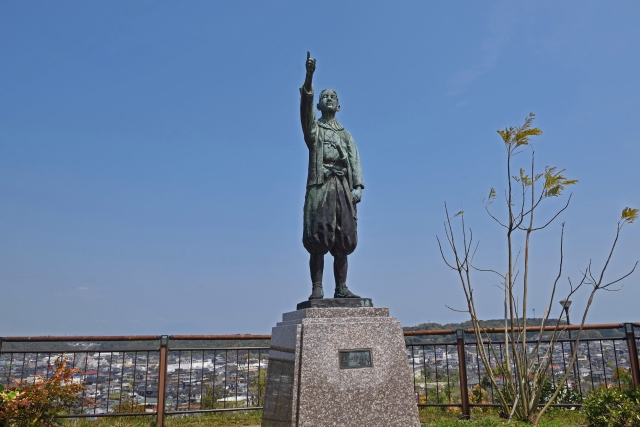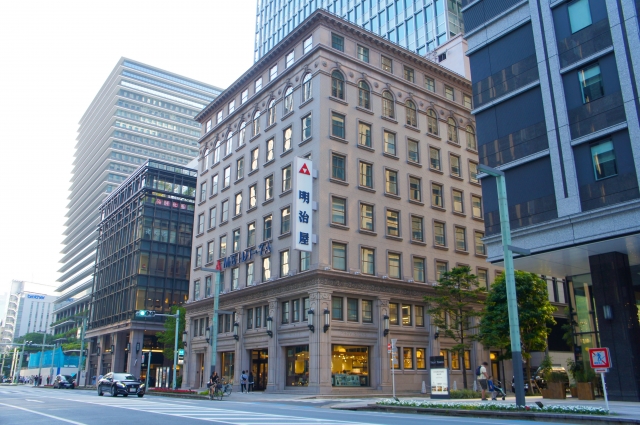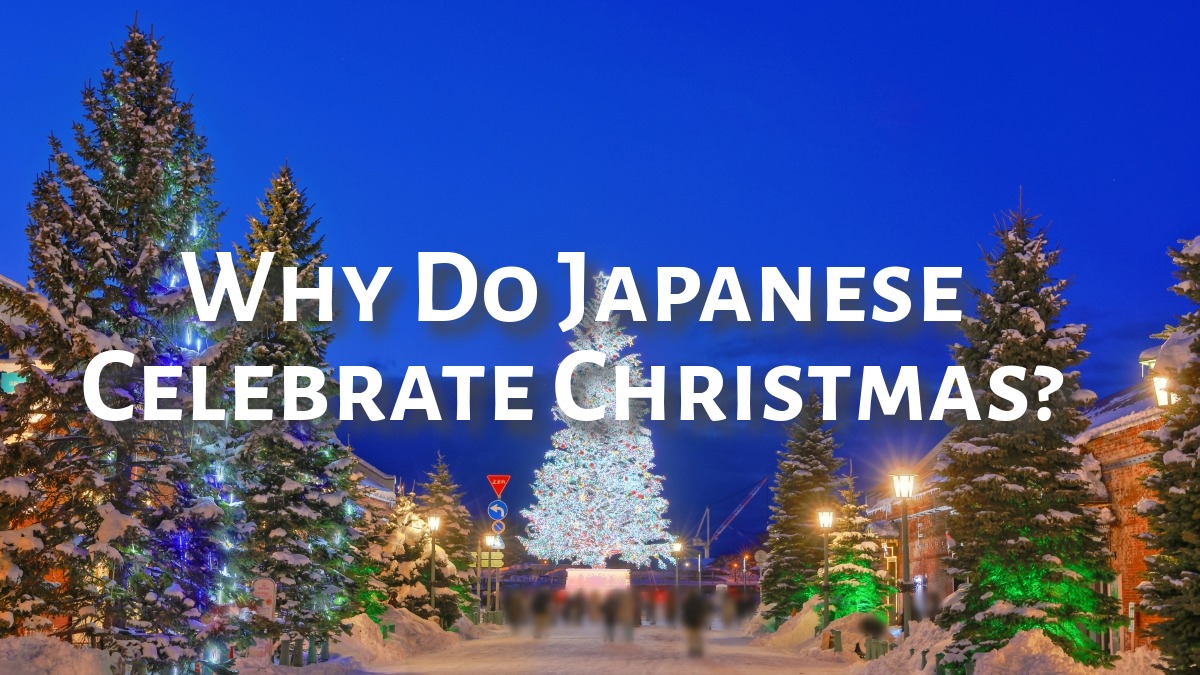Have you ever wondered about the reasons behind Japan’s Christmas celebrations, especially considering it’s not a traditionally Christian country? By the end of this article, you’ll have a clear understanding of:
- The historical roots of Christmas in Japan.
- How it transitioned from a religious occasion to a cultural and commercial event.
- The societal factors that bolster its popularity today.
The provided insights will unravel the mysteries of Japan’s festive spirit during Christmas, allowing you to view the celebrations with newfound appreciation.
The Dawn of Christmas in Japan
Christmas found its first roots in Japan in the 16th century.
Christian missionaries brought the celebration to Japan, aiming to spread their beliefs.
Back in 1552, missionaries in Yamaguchi Prefecture invited Japanese believers to partake in the Christmas mass, marking the celebration’s debut in Japan. However, the Edo period saw the suppression of Christianity, causing Christmas celebrations to go underground until the early Meiji period.

Though introduced in the 16th century, the broader acceptance of Christmas had to wait until the Meiji era due to religious restrictions.
Adoption and Commercialization
Conclusion:The 20th century played a pivotal role in popularizing and commercializing Christmas in Japan.
Multiple socio-cultural and business factors contributed to its widespread acceptance.
In the 1900s, Meijiya, founded in Yokohama, opened a store in Ginza, initiating the sale of Christmas-specific items. A significant boost came in 1926 when Emperor Taishō passed away on December 25th. This date later became a public holiday, marking the Emperor Taishō Festival, which inadvertently promoted Christmas celebrations. By the 1950s, as the child population surged, Fujiya is said to have created the prototype of the uniquely Japanese Christmas cake. Department store Christmas sales events further embedded the celebration into Japanese culture.

The 20th century saw the transformation of Christmas from a subdued religious event to a widespread commercial extravaganza.
Contemporary Significance
Today, Christmas in Japan is less about religious observance and more about cultural festivity.
Several intrinsic factors define Japanese societal values and preferences.
The commercialization of Christmas and historical events have now established it as a national event in Japan²³. Not driven primarily by religious motives, the occasion reflects Japan’s affinity for celebrations and its fascination with Western culture.

Current Christmas celebrations showcase Japan’s love for festivities and admiration for Western traditions.
Conclusion
Understanding the journey of Christmas in Japan offers a unique perspective into its cultural tapestry. To recap:
- Christmas was introduced by Christian missionaries in the 16th century.
- The 20th century saw its widespread commercialization and cultural integration.
- Today, it stands as a testament to Japan’s admiration for celebrations and Western culture.
Dive deeper into Japanese traditions, and you’ll find layers of history and evolution, just as with its Christmas celebrations.




